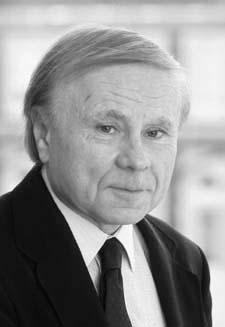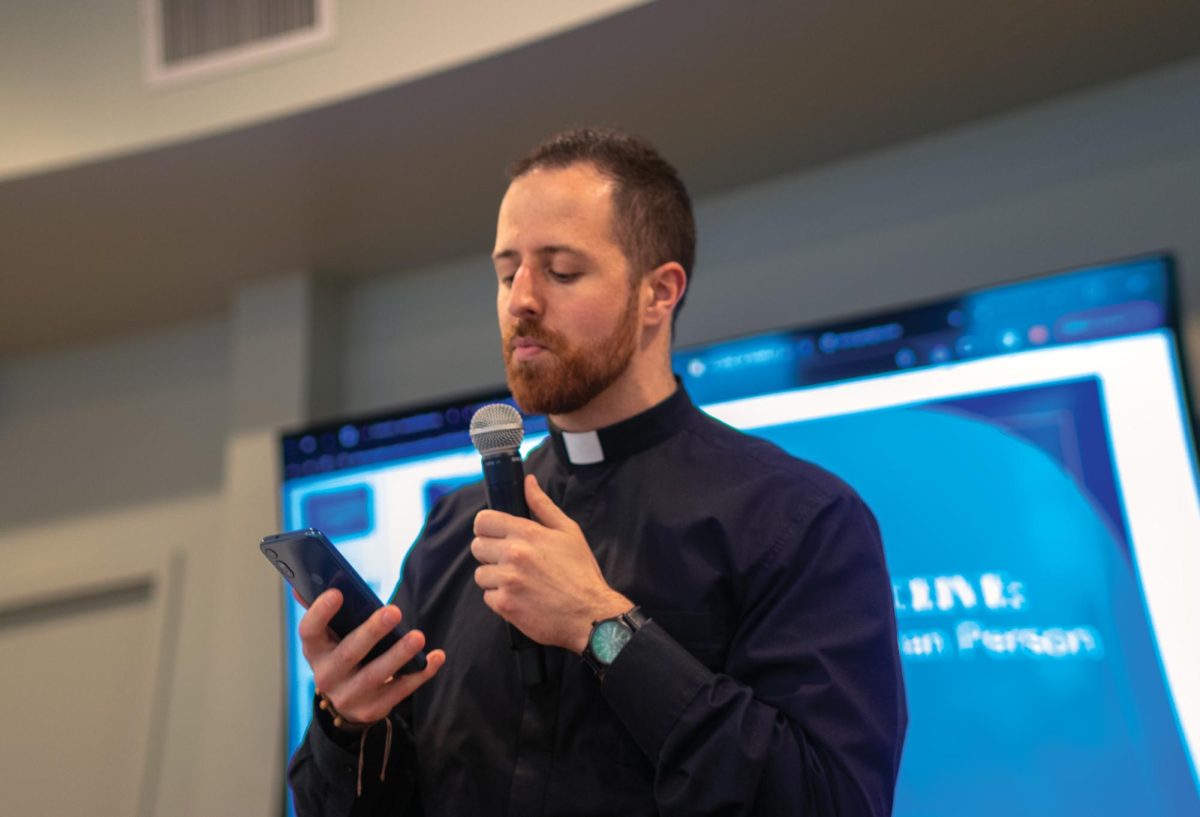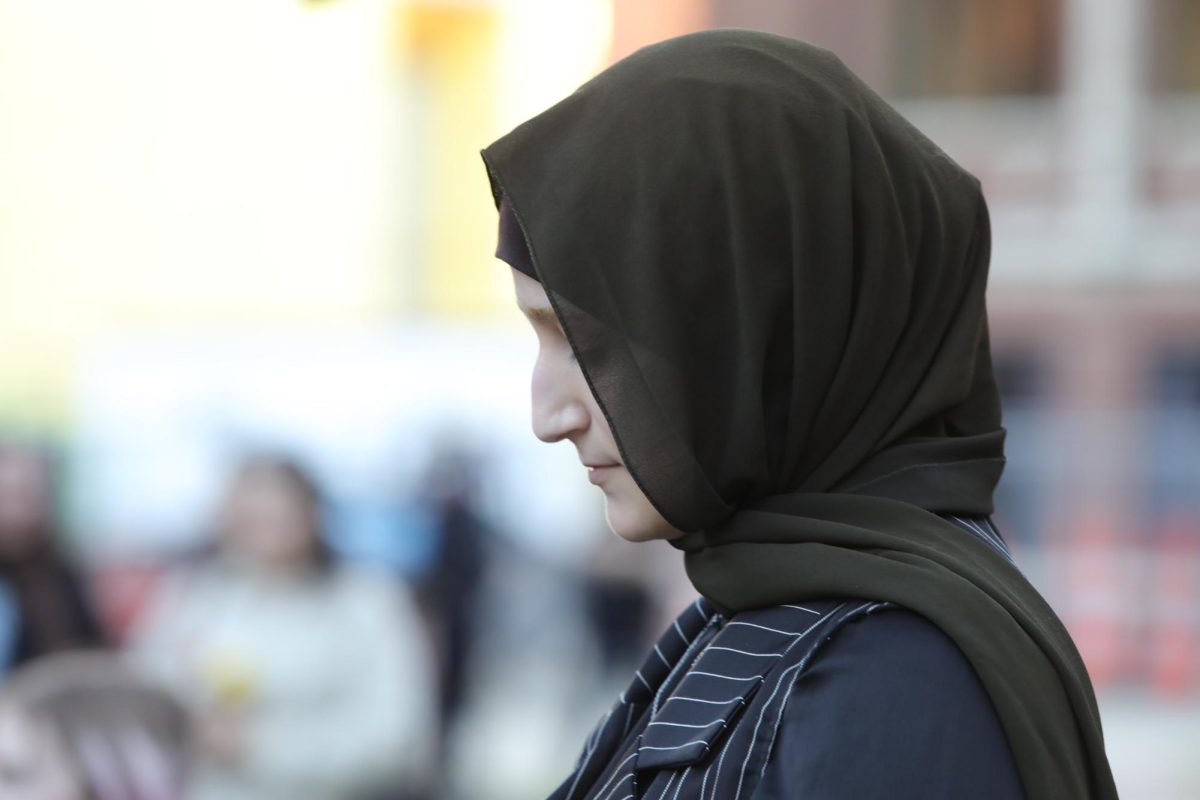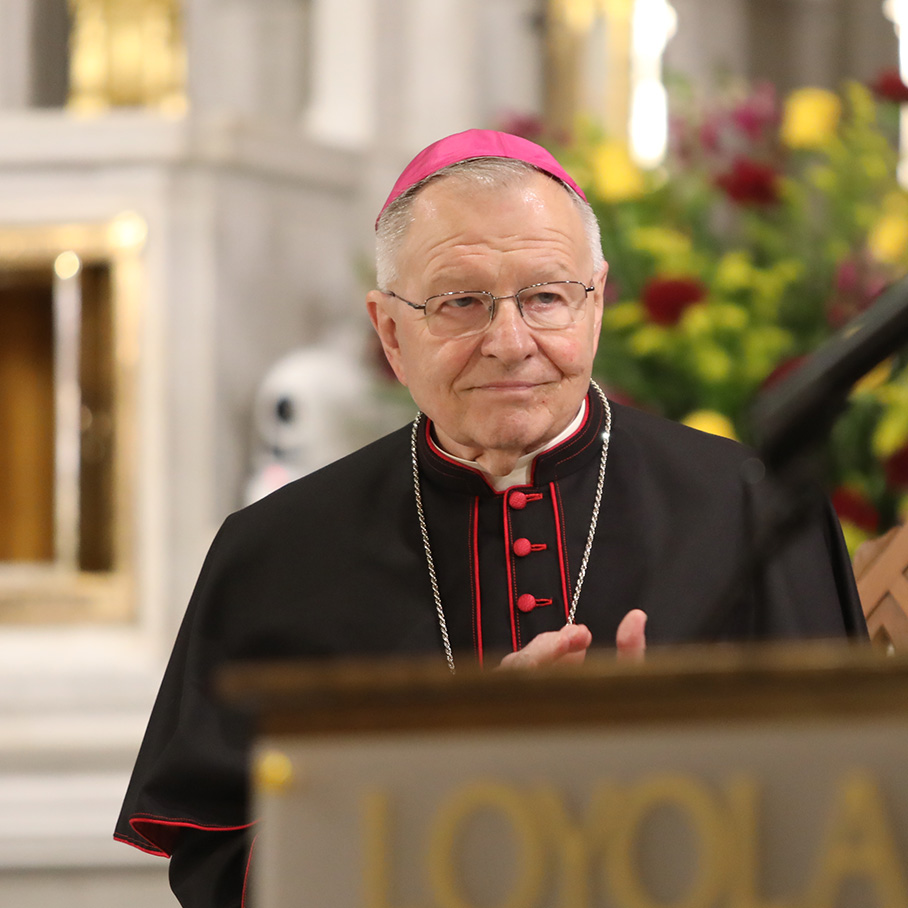The Religious Studies Department has a new chair this semester, Kenneth Keulman, who wants to develop the department by adding more courses.
As chair, Keulman said the department will continue to revise curriculum so that it will reflect the pluralistic nature of contemporary religious life by engaging students in the critical appropriation of traditions.
“We are achieving this by strengthening course offerings, both in world religions and in theological studies,” Keulman said.
In World Religions, the department has a new Islamicist, Adil Khan. In the Christianity track, Edward Vacek, S.J., is the first occupant of the Chair in Roman Catholic Systematic Theology, endowed by the Rev. Stephen Duffy.
In addition, there is Judith Gruber, who will focus on theology, and Elizabeth Goodine, who will teach courses in early Christianity.
Keulman has also submitted a request to the provost for a position in Religions of China, which could result in a new course in the department.
As the new chair, Keulman also intends to ask faculty to develop more offerings that have a wide appeal in the common curriculum.
“We already have a number of these, but I would like to add courses that focus on the anthropology of religion, comparative theology, comparative ethics, women’s studies and religion, international human rights (currently taught only as an honors course), ethnic nationalism and religion, ethics in the professions, moral judgment and public religion in a pluralistic democracy,” Keulman said.
“Optimally, a number of these would be team- taught with other faculty in the college or in other schools, such as law and business,” Keulman added.
Keulman plans to to continue a series of lectures in Jewish Studies that started last year. Keulman hopes to open up more opportunities for students to focus on research and participate in service learning.
“It would be valuable if we were able to employ our majors and minors to work on special projects during summer, in order to engage them more in the community,” Keulman said.
Keulman’s primary goal is to establish a new MA program that would replace the one that was terminated by the administration after Hurricane Katrina.
“I also want to develop a number of courses in bioethics (including ethics and synthetic biology) and in the developing field of neuroethics, some of which would be team-taught along with faculty from Tulane Medical School,” Keulman said.
“And I hope that our university president, whose professional work is in bioethics, would be interested in initiating a university MA program in that field, similar to the Bioethics Institute at Loyola Marymount,” Keulman added.
Keulman also plans to make resources of the department available to the greater New Orleans community.
“I would like to see us offer workshops with community leaders on the roots of violence – a reality that all major religious and ethical traditions have seriously considered over their histories. This also means confronting the challenge of violence in religious traditions,” Keulman said.
Keulman reiterated that the department continues to focus on the overarching goal of educating students and preparing them for a religiously complex world.
Nhi Tieu can be reached at [email protected]








